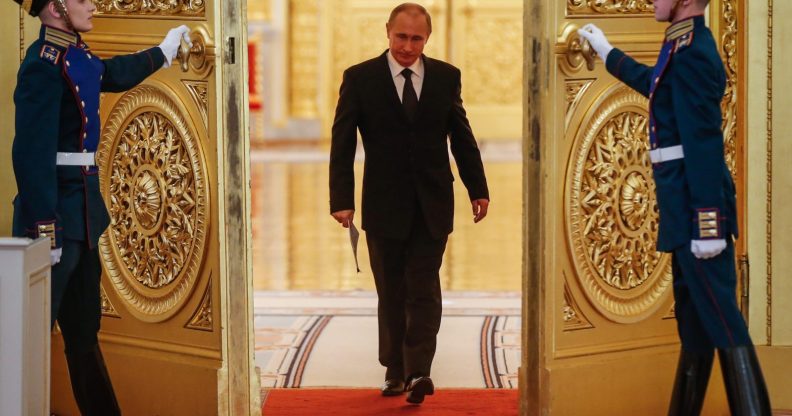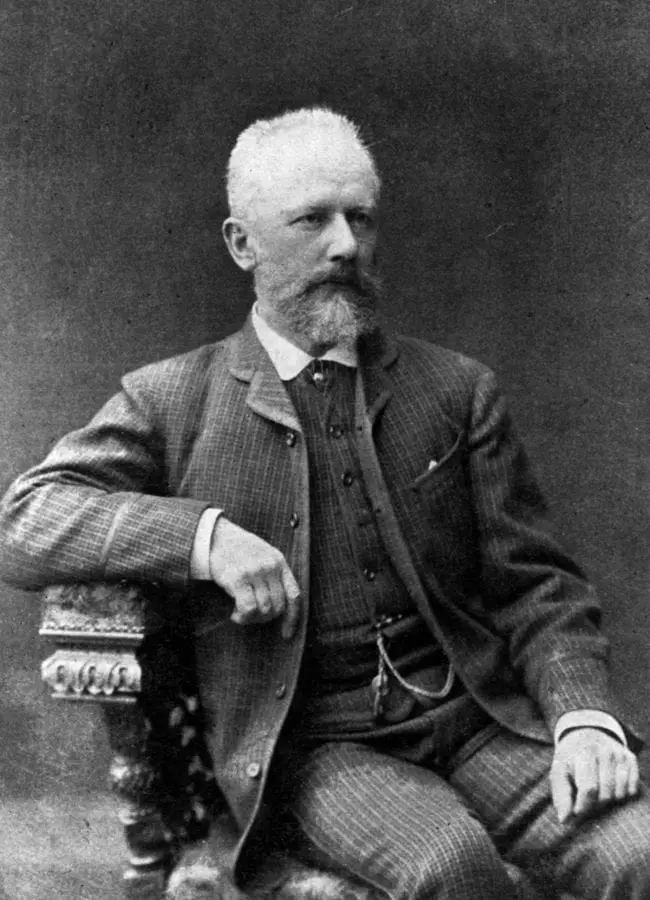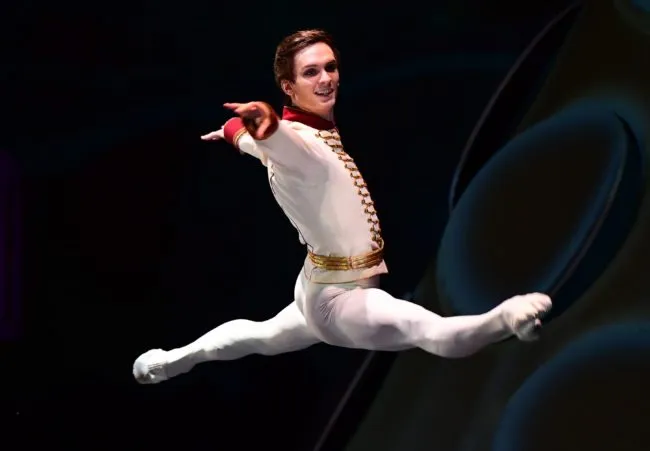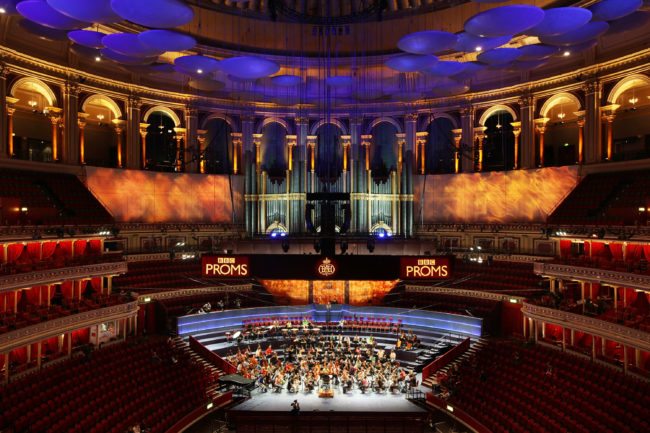Was Tchaikovsky gay? How Russia spent a century hiding the composer’s sexuality

Russian President Vladimir Putin enters a hall before a meeting of the Victory Organizing Committee at the Kremlin in Moscow on March 17, 2015. The meeting focuses on preparations for celebrating the 70th anniversary of the victory in World War II. / AFP / POOL / SERGEI ILNITSKY (Photo credit should read SERGEI ILNITSKY/AFP/Getty Images)
Russian President Vladimir Putin enters a hall before a meeting of the Victory Organizing Committee at the Kremlin in Moscow on March 17, 2015. The meeting focuses on preparations for celebrating the 70th anniversary of the victory in World War II. / AFP / POOL / SERGEI ILNITSKY (Photo credit should read SERGEI ILNITSKY/AFP/Getty Images)
Pyotr Ilyich Tchaikovsky, often referred to as Peter Tchaikovsky, is among Russia’s greatest cultural exports.
He composed Swan Lake, The Nutcracker and The Sleeping Beauty, arguably the world’s greatest ballets, which sell-out theatres to this day.
His compositions pack London’s Royal Albert Hall during the BBC Proms season year in, year out.
Despite being the first Russian composer to find worldwide popularity, the nation of his birth has spent more than 100 years airbrushing the truth about his life.

Russian composer Peter Tchaikovsky (1840 – 1893)
Tchaikovsky was a gay man.
Historians and classical scholars almost unanimously agree – as letters and diaries, including letters to his brother, Modest, who was also gay, make clear.
According to biographer John Wiley, Tchaikovsky was openly gay all his life, feminising the names of the young men he consorted with, as well as referring to himself as “Petrolina”.
Author Konstantin Rotikov, who has written a gay history of St Petersburg, said: “In the case of Tchaikovsky his homosexuality is so well documented by his own writings and the writings of others that it is simply ludicrous to suggest otherwise.
“It’s a historical fact. History doesn’t change just because we are trying to push a certain agenda today.”
As an adult, Tchaikovsky fell in love with his own nephew, Vladimir Davidov (second son of his sister Alexandra) in the 1880s-1890s, to whom he later dedicated the Symphonie Pathétique (1893), shortly before his sudden death.
His lovers included Vladimir Shilovsky, a wealthy young man whom he met at the Moscow Conservatory, who paid for a number of trips for the two of them; Alexei Sofronov, his valet from 1872 to the end of his life, and his pupil Eduard Zak, who killed himself in 1873 (he inspired the Romeo and Juliet Fantasy Overture).
Many brief same-sex affairs are recorded in his cryptographic diary, too, leaving little to the imagination.
Despite the weight of evidence, Soviet Russia set about suppressing the truth in a re-writing of the composer’s life which lasts to this day.
In 2013, a Russian screenwriter working on a government funded biopic of his life caused furore when he denied that the composer had been gay.
Yuri Arabov said that the biopic would not focus on the composer’s sexuality because, “it is far from a fact that Tchaikovsky was a homosexual.”
“Only philistines think this,” the screenwriter claimed, adding: “What philistines believe should not be shown in films.
“He was a person without a family who was stuck with the opinion that he supposedly loves men.”

Solo-dancer of Moscow’s Bolshoi Ballet Artemij Beljakov as the Nutcracker Prince
The row came during Russia’s introduction of heinous anti-gay laws, banning the so-called “promotion” of gay relationships, signed by Vladimir Putin.
As Stephen Fry pointed out at the time, the law was so punitive and extreme that: “Any statement, for example, that Tchaikovsky was gay and that his art and life reflects this sexuality and are an inspiration to other gay artists would be punishable by imprisonment.”
It’s believed references to Tchaikovsky’s homosexuality could have made the film vulnerable to the country’s anti-gay propaganda laws, and so were removed from the original script.
Responding to the claims, Vladimir Putin surprised many when he cited the composer’s prominence in Russian culture as ‘proof’ that Russia is not homophobic.
Putin told Associated Press: “Truth be told, we don’t love him because of that, but he was a great musician and we all love his music.”
But even Russia’s own culture minster, Vladimir Medinsky, has attempted to deny the fact, claiming there is “no evidence” to suggest he was homosexual.
Mr Medinsky claimed Tchaikovsky was simply a lonely old man who, in his words, “failed to marry.”
Sanitation of the truth and the intense expectations of heterosexuality were not unknown to Tchaikovsky during his life.
Age 36 he married a woman, following the agonising social pressures of those around him.
In a heartbreaking letter to his gay brother – who lived openly with his own boyfriend – Tchaikovsky wrote: “I am now going through a very critical period of my life.
“I will go into more detail later, but for now I will simply tell you, I have decided to get married. It is unavoidable.
“I must do it, not just for myself but for you, Modeste, and all those I love.
“I think that for both of us our dispositions are the greatest and most insuperable obstacle to happiness, and we must fight our natures to the best of our ability.”
He added: “How appalling to think that those who love me are sometimes ashamed of me.
“In short, I seek marriage or some sort of public involvement with a woman so as to shut the mouths of assorted contemptible creatures whose opinions mean nothing to me, but who are in a position to cause distress to those near to me.”
It would not be the only woman he married – there were three, in total – but all of the marriages failed.
Tchaikovsky died suddenly in the autumn of 1893, age 53, with the cause of death attributed to cholera.
However many now suspect he took his own life, as the news of a love affair with his own nephew shocked relatives.
When an acquaintance found out of the incestual, gay romance, they were so scornful that they immediately wrote to the Tsar to inform him of Tchaikovsky’s behaviour.
It followed that Tchaikovsky was summoned to a “court of honour”, where eight former pupils subjected him to five hours of intense discussion about his future.
At the end of the meeting it was agreed he would kill himself.
Within two days of the ‘court’, news of his apparent cholera spread and he died quickly.
Though suicide has increasingly been attributed as the cause of death by historians, the truth may never be known.
What we do know is that Pyotr Ilyich Tchaikovsky has brought joy to millions, if not billions of people.
It is a matter of great regret that, to this day, Russian society celebrates his work, while denying the truth of the man who gave it to them.
Enjoy Tchaikovsky’s work at BBC Proms:

BBC Proms
27 August – Tchaikovsky Symphony No 5, performed by Cincinnati Symphony Orchestra conducted by Louis Langree
31 August – Tchaikovsky Manfred Symphony, performed by BBC Symphony Orchestra conducted by Semyon Bychkov
3 September – Tchaikovsky Piano Concerto No 3, performed by Mariinsky Orchestra conducted by Valery Gergiev

